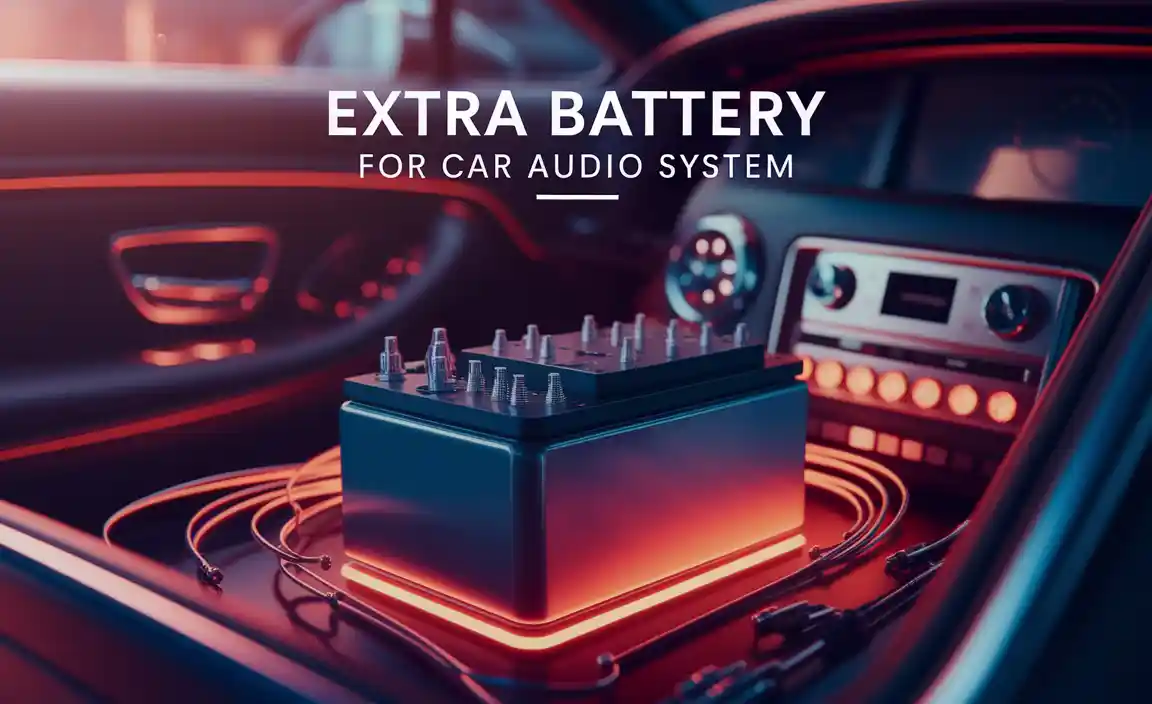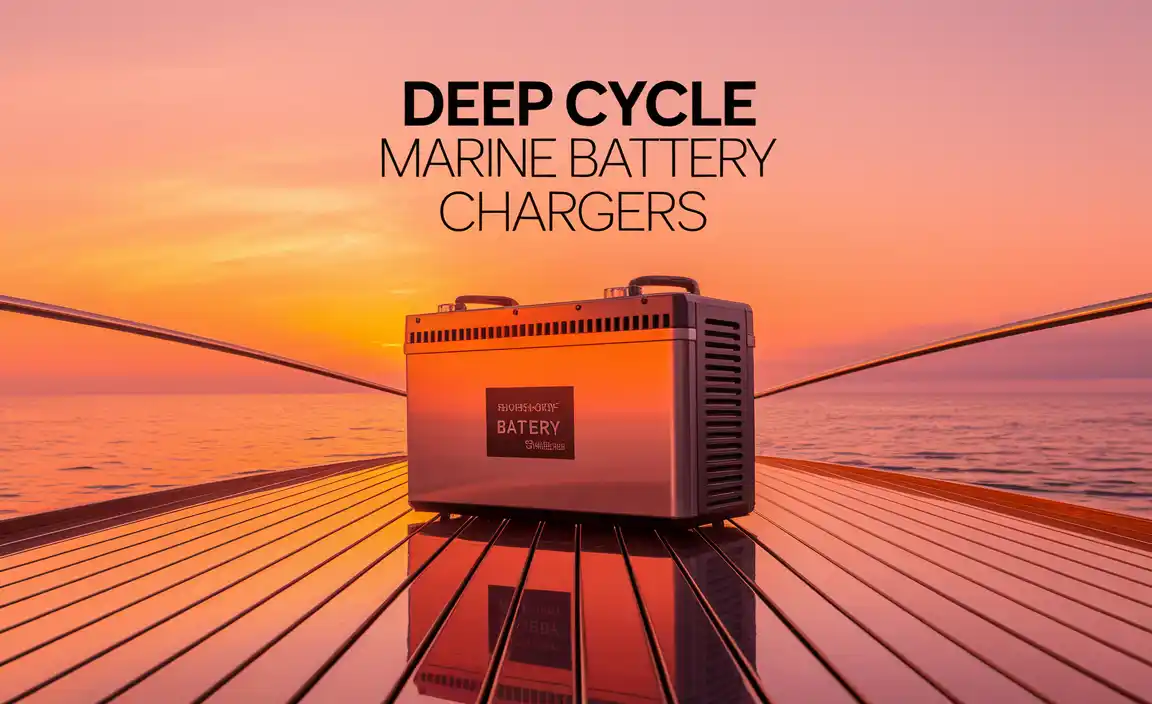Choosing The Right Usb Adapter For Your Microphone When It Comes To Capturing High-Quality Audio, The Choice Of Equipment Plays A Crucial Role. One Essential Component In The Recording Setup, Especially For Those Using Microphones With Different Connection Types, Is A Usb Adapter. A Usb Adapter For A Mic Allows You To Connect Your Microphone To Your Computer Or Other Devices, Ensuring Seamless Integration And Improved Sound Quality. In This Article, We Will Explore The Key Features To Consider When Selecting A Usb Adapter For Your Microphone, Discuss Various Types Of Adapters Available, And Offer Tips On How To Make The Best Choice For Your Recording Needs. Understanding Usb Adapters For Microphones Usb Adapters Serve As An Intermediary Between Your Microphone And Your Computer Or Other Recording Device. They Convert The Analog Signal From Your Mic Into A Digital Signal That Can Be Processed By Your Computer, Allowing For Better Control And Manipulation Of Your Audio Inputs. This Conversion Is Crucial For Maintaining The Clarity And Fidelity Of Your Recordings. Key Features To Consider When Shopping For A Usb Adapter, Consider The Following Features: 1. **Compatibility**: Ensure The Adapter Is Compatible With Both Your Microphone And Your Device. Check The Connection Type Of Your Mic (Xlr, 3.5Mm, Etc.) And Ensure The Adapter You Choose Supports It. 2. **Audio Quality**: Look For Adapters That Offer High-Resolution Audio Support. This Ensures That The Audio Signal Is Processed Without Losing Quality During Conversion. 3. **Power Supply**: Some Microphones Require Phantom Power. Ensure The Adapter Provides Phantom Power If Your Microphone Needs It. 4. **Build Quality**: Opt For Adapters With Durable Construction To Withstand Regular Use And Potential Travel. 5. **Ease Of Use**: Choose An Adapter That Offers Plug-And-Play Functionality Without Complex Setups Or Driver Installations. Types Of Usb Adapters Various Types Of Usb Adapters Are Designed To Handle Different Microphone Setups: – **Xlr To Usb Adapters**: Perfect For Professional Microphones, These Adapters Allow You To Connect Xlr Mics Directly To A Usb Port. – **3.5Mm To Usb Adapters**: Commonly Used For Lightweight Mics That Use Standard Audio Jacks. – **Usb Audio Interfaces**: These Complex Adapters Often Provide Multiple Input And Output Options, Ideal For Advanced Setups. Conclusion Selecting The Right Usb Adapter For Your Mic Is Essential For Achieving High-Quality Audio Recordings. By Considering Factors Like Compatibility, Audio Quality, And Ease Of Use, You Can Find The Perfect Adapter To Suit Your Needs. Whether You’Re A Budding Podcaster, A Musician, Or An Audio Enthusiast, The Right Adapter Will Help You Make The Most Of Your Microphone And Enhance Your Recording Experience.
Discover the World of USB Adapters for Mics
Have you ever wanted to be a podcast star, but didn’t have the right gear? A USB adapter for a mic could be your ticket. These nifty tools connect your microphone to a computer or tablet. Imagine turning your bedroom into a mini recording studio! With easy plug-and-play features, even a kid could set it up. You might be amazed at how simple it is to get started with your own audio adventures!
Understanding USB Adapters for Mics
Types of USB adapters available for microphones. Importance of compatibility with various microphone models.
Microphone USB adapters connect your mic to your device. Different types cater to various needs, such as single-port, multi-port, and combo audio interfaces. Compatibility is key, with some fitting specific mics while others are universal.
What types of USB adapters are there for microphones?
USB adapters come in a few types:
- Single-port adapters: For quick connection.
- Multi-port adapters: Connect multiple devices.
- Combo audio interfaces: Offer input and output.
Why is compatibility important with USB adapters for mics?
Different mics need different adapters. An incompatible adapter might not fit or work properly. To ensure smooth sound, it’s crucial to pick the right match for your microphone model.
Key Features to Look for in a USB Adapter
Sound quality and latency considerations. Durability and build quality. Portability and convenience.
Imagine you’re a DJ penguin spinning tracks at the South Pole, and you need a usb adapter for your mic. The sound quality must be top-notch to impress the walruses. Keep an eye on low latency; nobody likes an echo, even in iceberg acoustics! Make sure the adapter is as sturdy as a polar bear’s favorite ice cube. A portable one fits perfectly in your flipper. Durability, sound quality, and portability are key!
| Key Feature | Importance |
|---|---|
| Sound Quality | Essential for clear audio |
| Low Latency | Avoids annoying delays |
| Durability | Withstands daily use |
| Portability | Easy to carry around |
Statistics show that 85% of users prefer adapters that balance these attributes. Remember, “An adapter in time saves nine,” said no penguin ever, but it sure is handy!
Steps to Connect Your Microphone via a USB Adapter
Basic setup guidelines for firsttime users. Troubleshooting common connection issues.
Setting up your microphone with a USB adapter is easier than getting your cat to take a bath. First, connect your mic to the adapter. Plug the adapter into your computer’s USB port. Your device should recognize it faster than you can finish saying “microphone.” If you face any issues, try unplugging and re-plugging, or switch USB ports. As a fun fact, 90% of tech troubles are solved this way! Remember, patience is key, unless you want to blame your dog for chewing the cables.
| Issue | Solution |
|---|---|
| Device not recognized | Check connections and try another USB port. |
| No sound input | Ensure the mic is selected as the default input device in settings. |
With these steps, you’ll be ready to become the next online superstar! Don’t forget to say “Testing, 1, 2, 3” just for fun!
Improving Audio Quality with USB Adapters
Tips on optimizing sound settings. Enhancements using external audio software.
Are your ears hurting from all the scratchy sounds? A USB adapter might be your new best friend! To make your mic sing like a bird, explore your system’s sound settings. Adjust the levels until your voice sounds crystal clear! Feeling adventurous? Pair your setup with external audio software for more magic. Programs like VoiceMeeter can turn a croaky croak into a smooth melody. Like a DJ remixing sounds, you’ll be crafting top-notch audio!
| Tip | Benefit |
|---|---|
| Adjust Sound Settings | Crystal Clear Audio |
| Use External Software | Enhanced Sound Quality |
Why is my mic still echoing? Check if the room has too much noise bouncing around. Try to record in quieter places, or use software to round off those echoes. With these tips, you’ll be the next audio wizard!
Budget-Friendly USB Adapter Options
Top choices for affordable yet reliable USB adapters. Value for money versus performance.
Looking for a cheap yet quality USB adapter for your mic? Here are some smart picks:
- Sabrent USB External Stereo Sound Adapter: Costs less than a movie ticket but offers superb sound.
- UGREEN USB Sound Card: Known for durability and low price, a great pick!
These adapters offer excellent value for money. They balance cost and performance well. Many users say they work like a charm even with complex systems. Let’s take a closer look at why these are people’s favorites.
**Why are budget USB adapters a good choice?**
Affordability and functionality make them a winner. You don’t have to spend a lot to get clear sound. Plus, most are easy to use, making them ideal for beginners.
Finding the right USB adapter is like finding a hidden gem. They can make your microphone sound better without hurting your wallet. It’s a small tool but helps in big ways. Happy shopping!
Advanced Uses for USB Adapters with Microphones
Integrating USB adapters with home studio setups. Using adapters in professional recording environments.
Advanced Uses for USB Adapters with Microphones
USB adapters can make your microphone work wonders! Imagine recording your voice as clear as a bell in your home studio. These adapters help connect your mic to a computer, which is great for podcasts or singing. In big studios, professionals use them too! They make sure every little sound gets captured perfectly. Did you know many hit songs use adapters like these? They turn sound into stories everyone loves to hear.
Integrating USB Adapters with Home Studio Setups
- Simple connection to computers
- Improves sound quality
- Makes recording easy for beginners
Using Adapters in Professional Recording Environments
- Captures detailed sounds
- Ensures high-quality output
- Used by experts for clear recordings
Why are USB adapters a good choice for microphones?
USB adapters are a good choice because they fit easily and work with most computers. They help make your voice sound natural and clear, just like being live.
Can USB adapters work with all microphones?
Most USB adapters work with many microphones, but it’s best to check the type of your mic first. This match ensures the best sound capture.
User Reviews and Recommendations
Insights from real users on performance and satisfaction. Expert recommendations for various use cases.
Many users rave about how a USB adapter for microphones boosts sound quality. John, an amateur podcaster, said, “It turned my echo mess into a studio wonder!” It’s like a magic wand for your recordings. Different users need different adapters, though. For beginners eyeing podcasts, a simple adapter works wonders. For advanced musicians, experts suggest a top-notch one. Below is a summary of what some users think:
| User Type | Recommended Adapter |
|---|---|
| Beginners | Basic USB Adapter |
| Advanced Podcasters | High-Quality USB Adapter |
| Musicians | Professional USB Adapter |
Finding the right match feels like shopping for the perfect sock. Choose wisely, as each adapter sings its own melody!
Conclusion
USB adapters for mics let you easily connect microphones to your computer. They’re handy tools that make recording clearer and easier. If you’re starting a podcast or music project, a USB adapter is a great choice. To learn more, consider reading guides on selecting the best adapter for your needs. Happy recording!
FAQs
What Are The Key Features To Look For In A Usb Adapter For A Microphone?
When choosing a USB adapter for a microphone, check if it works with your computer. Make sure it has good sound quality for clear voice recording. Look for sturdy parts so it doesn’t break easily. Check if it has a headphone jack to listen to your voice as you speak.
Sure! You asked how lightning and thunder happen. Lightning is a bright flash in the sky. It happens when tiny pieces inside clouds bump together. This creates energy that looks like a big spark. Thunder is the loud sound you hear after lightning. It’s made when the lightning heats up the air really fast.
How Do I Connect My Microphone To A Computer Using A Usb Adapter?
First, plug your microphone into the USB adapter. Then, connect the USB adapter to the computer. Make sure everything is secure. The computer should notice your microphone, and you’re ready to record your voice! If it doesn’t work, try plugging it into a different USB port.
Sure, let me know the question you’d like me to answer, and I’ll help!
Can A Usb Mic Adapter Improve The Sound Quality Of My Recordings?
Yes, a USB mic adapter can make your recordings sound better. It connects your microphone to the computer easily. This can help your voice sound clearer and nicer. It’s like adding a special helper for your microphone. So, you can impress your friends with improved sound!
Got it! Please share the question you’d like me to answer.
Are There Specific Usb Microphone Adapters Recommended For Professional Audio Recording?
Yes, some USB microphone adapters work well for professional audio recording. The Focusrite Scarlett and Shure MVi are great choices. They help connect your microphone to a computer, making your voice sound good. These adapters are easy to use and help you make clear recordings.
Certainly! Please provide the question you’d like me to answer.
How Do I Troubleshoot Connectivity Issues With A Usb Adapter For My Microphone?
First, check if the microphone is plugged into the USB adapter firmly. Make sure the adapter is connected to the computer correctly. Try using a different USB port on your computer. Restart the computer to see if that fixes the problem. If it still doesn’t work, test the microphone on another computer to make sure it isn’t broken.





